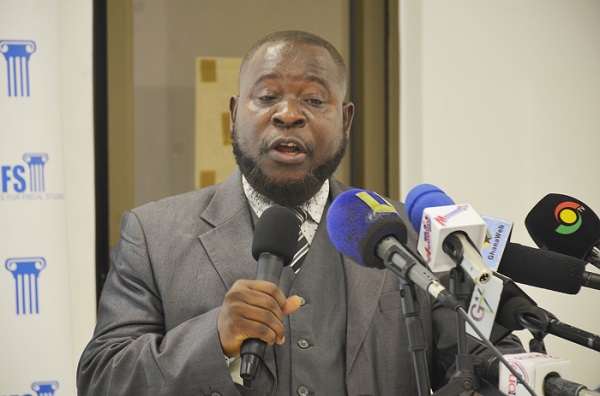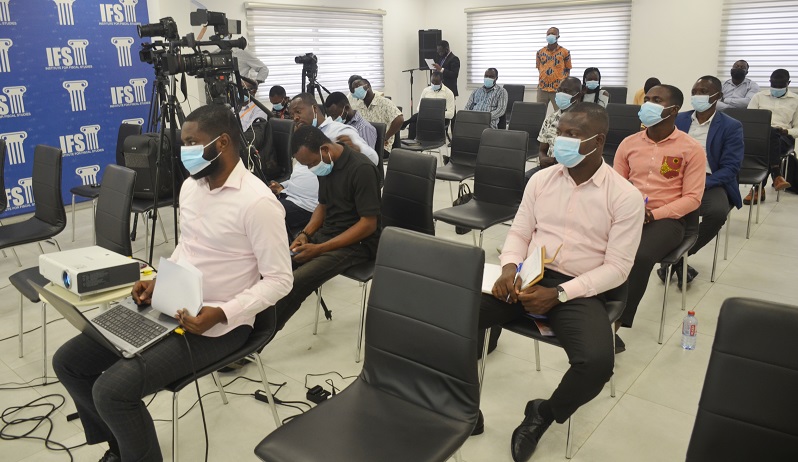
The Institute of Fiscal Studies (IFS), a think tank, has called for comprehensive review of government’s social intervention programmes since it was not prudent to borrow to fund such initiatives.
It mentioned some of the social intervention programmes as the Free Senior High School, the Planting for Food and Jobs, the Agenda 111, YouStart and Ghana CARES, which were posing financial strain on the economy.

Senior Research Fellow of IFS, Dr Said Boakye, who made the call in Accra yesterday at a press conference to present an IFS’ assessment of the economy and the 2022 Mid-Year Budget review, said government should urgently review those programmes to address the challenges facing their implementation.
He said a review of the programmes would help address the country’s growing fiscal expenditure and debt, which were posing serious macroeconomic challenges for the country.
DrBoakye said the deteriorating macroeconomic conditions influenced by growing debt, interest servicing on debt were as a result of overspending by the government.
The Senior Research Fellow of IFS said the country’s situation had deteriorated drastically in the first seven months of the year.
“Over the period, the macro economy has become highly unstable, with all the key indicators worsening at rapid rates,” Dr Said stressed, adding that the relative price stability the country had enjoyed in the past few years had disappeared as year-on-year consumer price inflation rate continues to soar currently at 31.7 per cent.
He said since January to date the Cedi had depreciated more than 27 per cent and interest rates had also increased sharply, reflecting soaring inflation and tightening of monetary policy by the Bank of Ghana.
DrBoakye said the fiscal consolidation contained in the mid-year budget review was weak and could not address the macroeconomic challenges the country was going through because whiles government revised total revenue and grants for 2022 by 3.7 per cent, expenditure, on the other hand, was revised downwards by 1.3 per cent.
“We have demonstrated that external factors are not the main causes of the sharply deteriorating macro environment in Ghana. We have demonstrated that, in addition to revenue mobilisationdifficulties, Ghana’s current macroeconomic troubles are mainly due to the ‘choke’ imposed by debt service cost and compensation of employees, which are being compounded by the government’s numerous revenue-consuming policy initiatives,” he said.
Among other recommendation, the Senior Research Fellow urged government to be “bold, frank and get all on board to ensure the success of the fiscal consolidation strategy,” adding that government should build political consensus for the fiscal consolidation process.
DrBoakye said government should improve revenue by generating more revenue from the extractive sector, stressing little revenue was being made from the extractive sector.
For example, he said, out of the $22.72 billion worth of mineral royalties produced in Ghana between 2015 and 2018, the country only got $1.48 billion, representing only 6.5 per cent of total revenue produced.
DrBoakye said there was the need for government to reduce compensation of public sector employees as a ratio of total revenue and grants.
The Senior Research Fellow stressed the need for government to reduce its debt servicing, indicating that “debt servicing is currently the biggest and thus most troubling expenditure item fiscally.”
BY KINGSLEY ASARE







